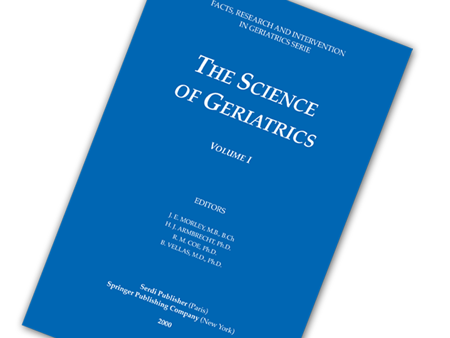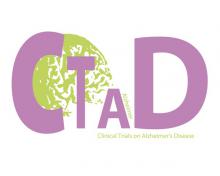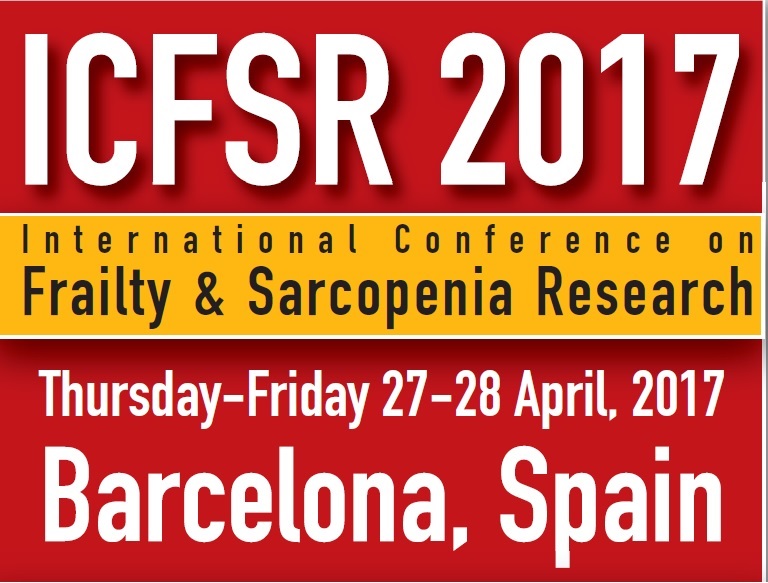Objectives: We evaluated the associations between nutritional status and health-related quality-oflife (HRQoL) among older long-term care residents in Helsinki. Design and participants: All 3767 older (≥65 years) long-term care residents in Helsinki in 2017 were invited to participate in this cross-sectional study. After refusals and exclusions of residents without sufficient information, 2160 residents remained. Measurements: Data on characteristics, nutritional status (Mini Nutritional Assessment, MNA) and HRQoL (15D) were collected by trained nurses. Results: Of the participants, 64% were at-risk of malnutrition and 18% suffered from malnutrition. Residents in the “malnourished” group were more dependent in activities of daily living (ADL) functioning, suffered more often from dementia, had lower cognitive level, used less medications, and were eating more often inadequately. HRQoL was statistically significantly associated with MNA total score in both female and male residents. There was a curvilinear correlation between MNA and 15D score in females: 0.50 (95% CI 0.46 to 0.53) and males: 0.56 (95% CI 0.50 to 0.61). In partial correlation analysis, all dimensions of 15D, except for sleeping and breathing, were positively associated with MNA score. In these analyses no significant differences emerged between males and females when the results were adjusted for age and dementia. Conclusions: Nutrition plays an important role in HRQoL among older long-term care residents.
(1) K.S. Salminen, M.H. Suominen, H. Soini , H. Kautiainen, N. Savikko, R.K.T. Saarela , S. Muurinen, K.H. Pitkala. J Nutr Health Aging. 2019;23(5):474-478



